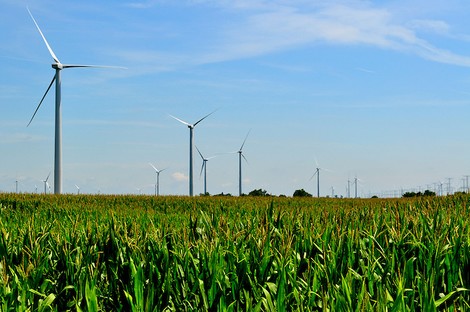Your podcast discovery platform
Curious minds select the most fascinating podcasts from around the world. Discover hand-piqd audio recommendations on your favorite topics.

piqer for: Climate and Environment Global finds
Passionate about solutions that empower citizens in their fight for energy democracy. She will be curating an online discussion about the current energy transition, covering news on smart grid developments, new regulatory solutions supportive of citizen-owned renewable energy and much more.
How Community Energy In The US Incentivises Renewable Development
The author of this article describes how shared and community energy projects in the US run renewable development.
In order to demonstrate the real advantages of alternative models, he examines the example of the Roanoke Electric Cooperative in North Carolina. In pursuit of incentivising efficiency upgrades among its members, without forcing them to take loans they did not want, this cooperative tried a new model. One that worked out — members were satisfied, costs went down, the initiative stimulated the local economy, and all that while reducing energy use and benefitting the environment.
The author then takes a closer look at another example. Benham, a small town of ca. 500 in eastern Kentucky, became a city in the 1960s, when the coal companies closed up. A few of the residents formed a small government and decided to establish their own community-run power board. The Benham Power Board launched its own energy-efficiency program called Benham$aves, which runs efficiency upgrades checks. The board has already found roughly two dozen eligible homes, but the community is raising money to pay for even more.
Overall a fascinating read and a refreshing perspective.
When bills don't add up in our current electricity system, perhaps we should consider looking for alternative models stimulating energy efficiency and environmental investments.
